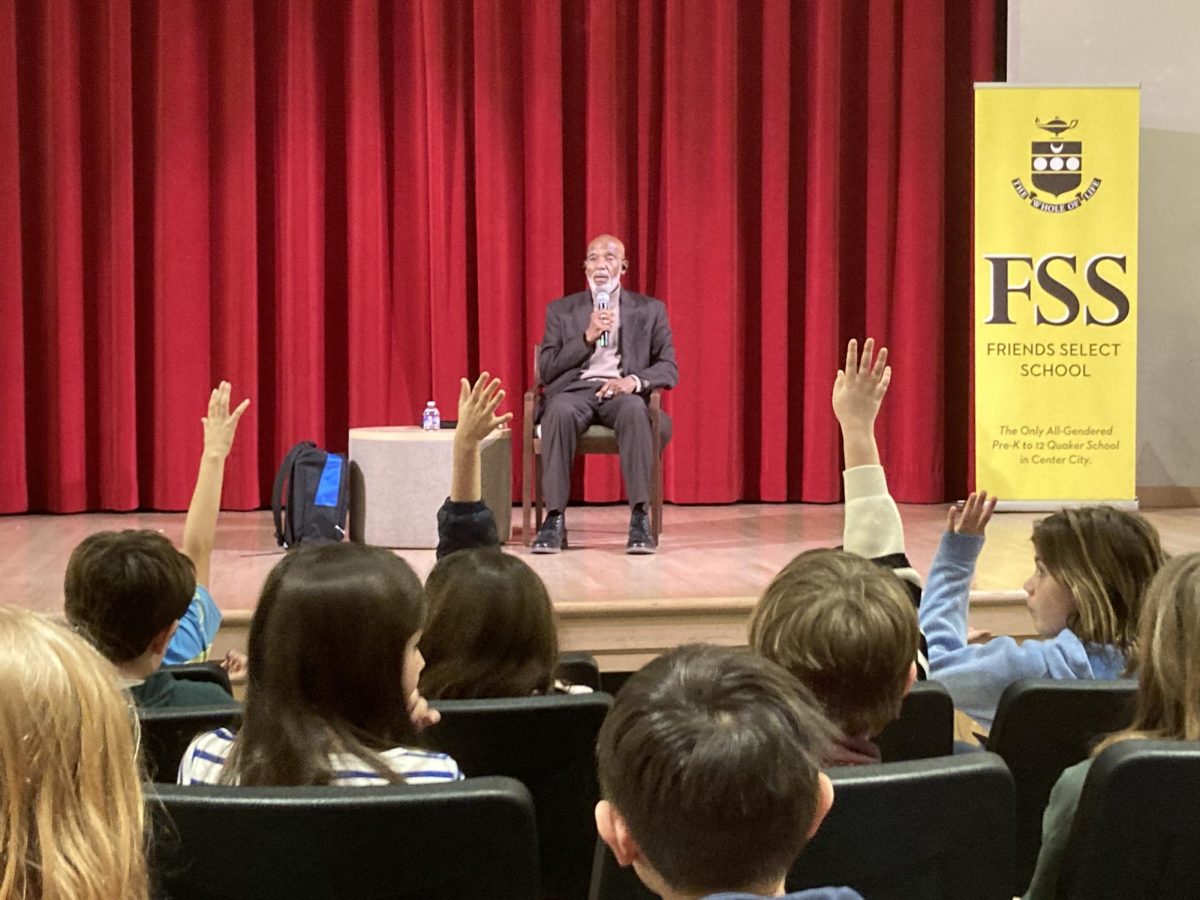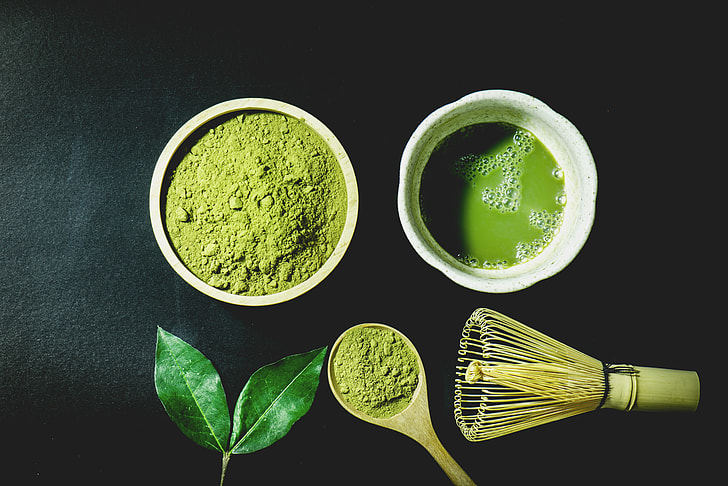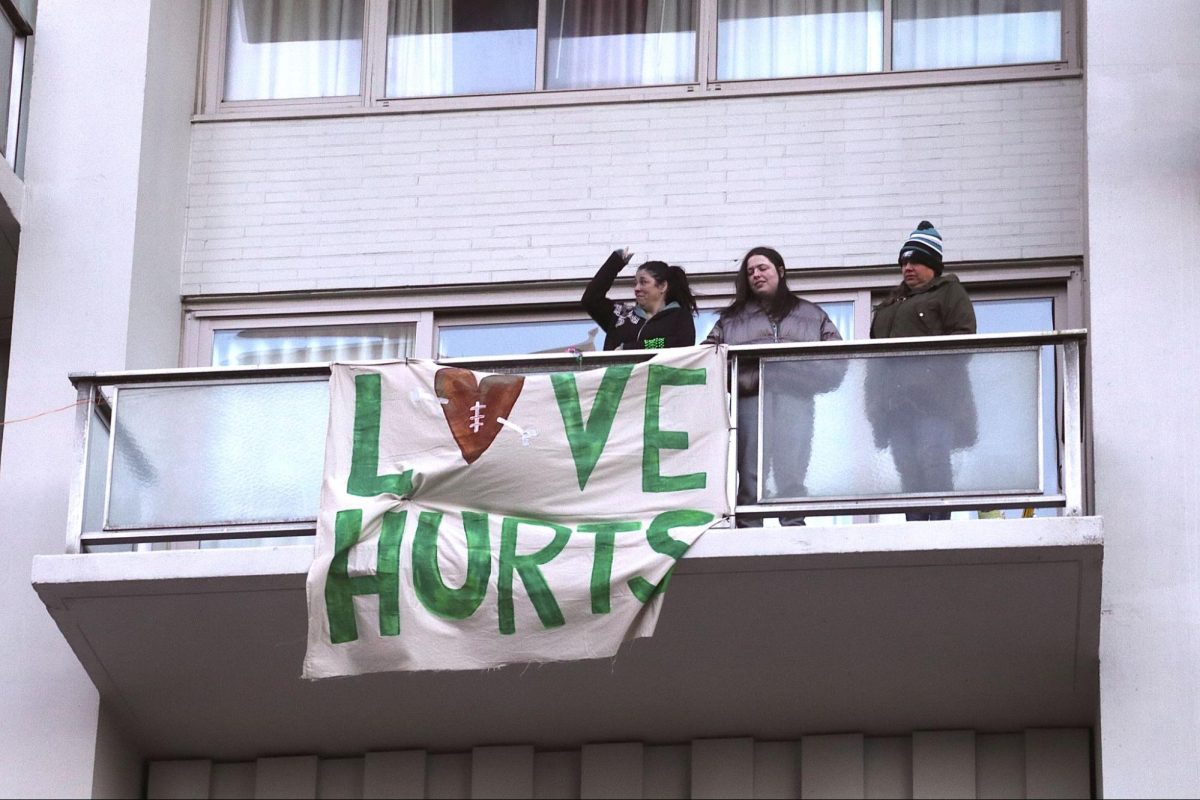Opinion: The New Normal
What will Friends Select Learn from Social Distancing?
In my first three weeks hosting Quakers in Quarantine on the FSS Falcon Instagram (@fssfalconnews), many of my classmates have talked about “the new normal.” They reflect on their simpler lifestyles, their slower pace, their deepened appreciation for the Friends Select community. Amidst the tragedy and loneliness caused by the COVID-19 pandemic, this sentiment is a welcome one.
In her interview in March, Hannah Feinberg celebrated what she called “simpler living” due to COVID-19 quarantining. Hannah and many other FSS students have been spending less time in cars and trains and have been eating more meals cooked at home. This less hectic lifestyle is both good for personal rhythm and mental health, and in accordance with the Quaker SPICE of simplicity.
On social media, students have shared a litany of independent projects undertaken in their spare time. Some, like Zoe Tzanis ‘20 and Quilana Castro-Cardona ‘21, are testing new baking recipes. Others, like Freeman Rabb ‘21 and Annalise Di Cicco ‘23, are making new music. More time at home and less time spent working has given everyone the opportunity to explore their passions, and FSS students are happier for it.
Friends Select students consistently bemoan the stress and anxiety inflicted by the pressure of attending a college prep high school. Some of that stress certainly endures through iSelectLearning, but students like Izzy Ebede ‘21 and Taariq Mbaraka ‘21 see that some of the stress of structured living has been alleviated by social distancing. “I’ve been able to relax and spend more time with my family, because I don’t have time for that during normal school,” says Izzy.
Philadelphia and the world will undoubtedly return to somewhat normal living once the pandemic is over, but not everything will be the same. Public officials and economic experts are already planning for declines in travel and some forms of consumerism. As we define what the “new normal” is through our behavior, we ought to consider the positives we can extract from this experience. It is clear from this period that lower and simpler living, as well as low-stress environments, can be constructive to our happiness and creativity.






















